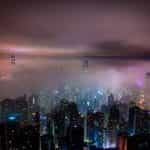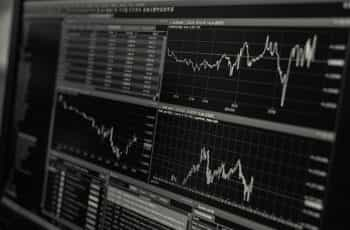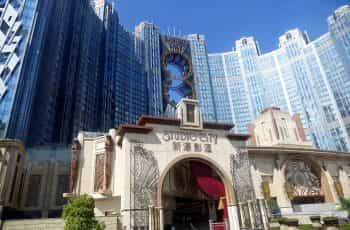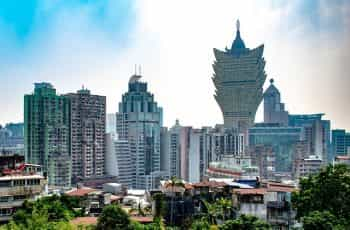Chinese Government Transforming HK into New Macau
Hong Kong has become the new battleground between Western democratic ideals and an authoritative Chinese regime. The stakes couldn’t be higher amidst the backdrop of a global pandemic that has wrecked most of the real-economy and left a significant number of nation-states ever more reliant on their diplomatic masters. Hong Kong sits precariously on a knife-edge, with many residents and onlookers believing the city is slowly being transformed into a new Macau.
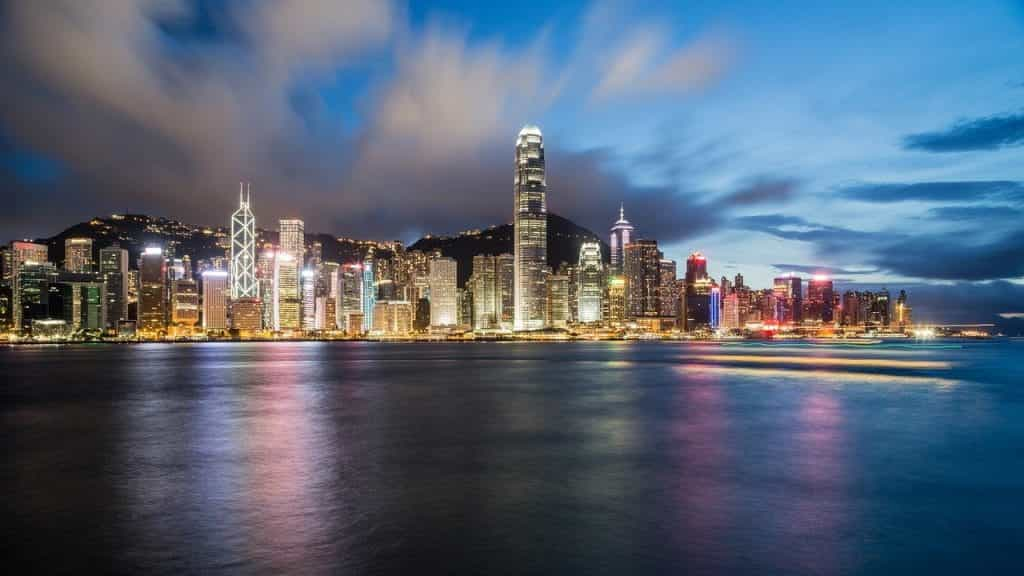
As Hong Kong faces a constitutional crisis, the Beijing government is cracking down on dissent, arresting political opponents and opening the door for big corporate gambling companies to set up shop.
Fundamental changes have been enacted on the electoral system of Hong Kong, with the number of Election Committee members raising from 1,200 to 1,500. This act is highly significant as this committee is charged with selecting the chief executive of the city, currently Carrie Lam. The extent to which this leader is beholden to Beijing has been a topic of intense scrutiny and protest over the past 12 months.
Another major change has been implemented into these protocols, it will prevent candidates who hold separatist views and believe in the independence of Hong Kong from entering the elections as a candidate. This silencing of a highly-vocal and important side of the debate has not gone down well and is the main driving force behind the huge public protests taking place across the city over the past year.
With so many structural changes to public policy and a hostile stance towards the financial sector in the city – many expect Hong Kong to gradually transition into a city very much akin to Macau. This slow transition will see the banking industry scaled back, tighter control over elections, and sweeping new fiscal policies enacted to drive the growth of the burgeoning gambling and casino sectors in the new economic zone.
Pro-Democracy Voices Being Silenced
The well-documented crackdown on pro-democratic political voices in Hong Kong has been a big feature of 2020, in a year where the world ground to a halt due to the pandemic, this story was a standout. The oppressive National Security Law prevents basic civil liberties such as protesting against the government, with the enforcement of the law being delivered ruthlessly and with alarming effectiveness.
Last year the Hong Kong police decided to arrest a large group of political activists protesting the bill, under the charge of trying to overthrow the government. The groups of people caught up in these ordeals range widely, journalists, politicians, and students have all been targeted by those seeking to reignite the control of Beijing in the city.
In an attempt to normalize the electoral decision of the Beijing government, the local authorities have attempted to downplay their heavy-handed approach. The official stance remains that the city became part of China 24 years ago and that entities attempting to interfere in China’s internal affairs should immediately refrain from doing so.
To What End?
As we have seen China is on a confrontational path over the past 24 months. Many onlookers are quietly wondering, what is the point of all of this, and why is China deliberately trying to destabilize a regime in one of the wealthiest cities in the world. The end game that many believe Beijing is targeting is to transform Hong Kong’s financial markets into a free economic zone on the same footing as Macau.
This pivot away from the traditional business of banking and finance would be a dramatic cultural and economic shift for Hong Kong. It is a move that has been on the horizon for some time, as a gap in the market certainly exists. With mainland China prohibiting all forms of gambling, local residents are forced to resort to traveling long distances to enjoy the pursuit of gambling. In the following weeks and months, it will become a lot clearer how effective this strategy is with driving new players to the city’s casinos.
With this in mind, it is no surprise that casino giants from the west have their focus firmly planted on the developments of this situation. Already Las Vegas Sands have indicated an interest in an Asia expansion. With the future stability of gambling in the west far from guaranteed, this shift in direction and strategy is certainly not something that comes as a surprise.
Other Asian-based enterprises, most notably Melco under the skillful leadership of Lawrence Ho, the son of the late Stanley Ho, will be looking to get their foot in the door. This opportunity in Hong Kong has a clear first-mover advantage, and it will undoubtedly pay-off to be the first casino to open its doors in this city if and when that day comes around.
